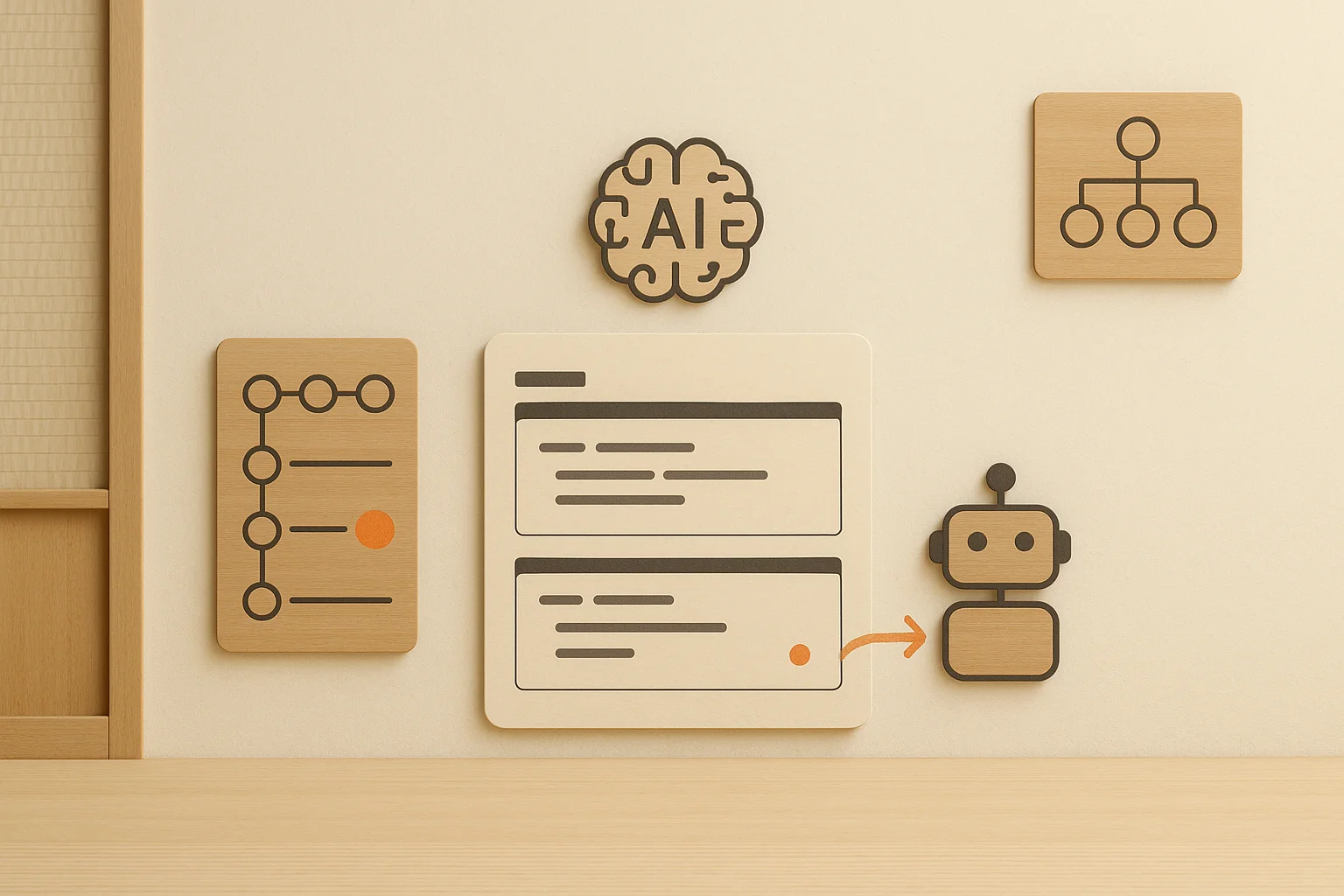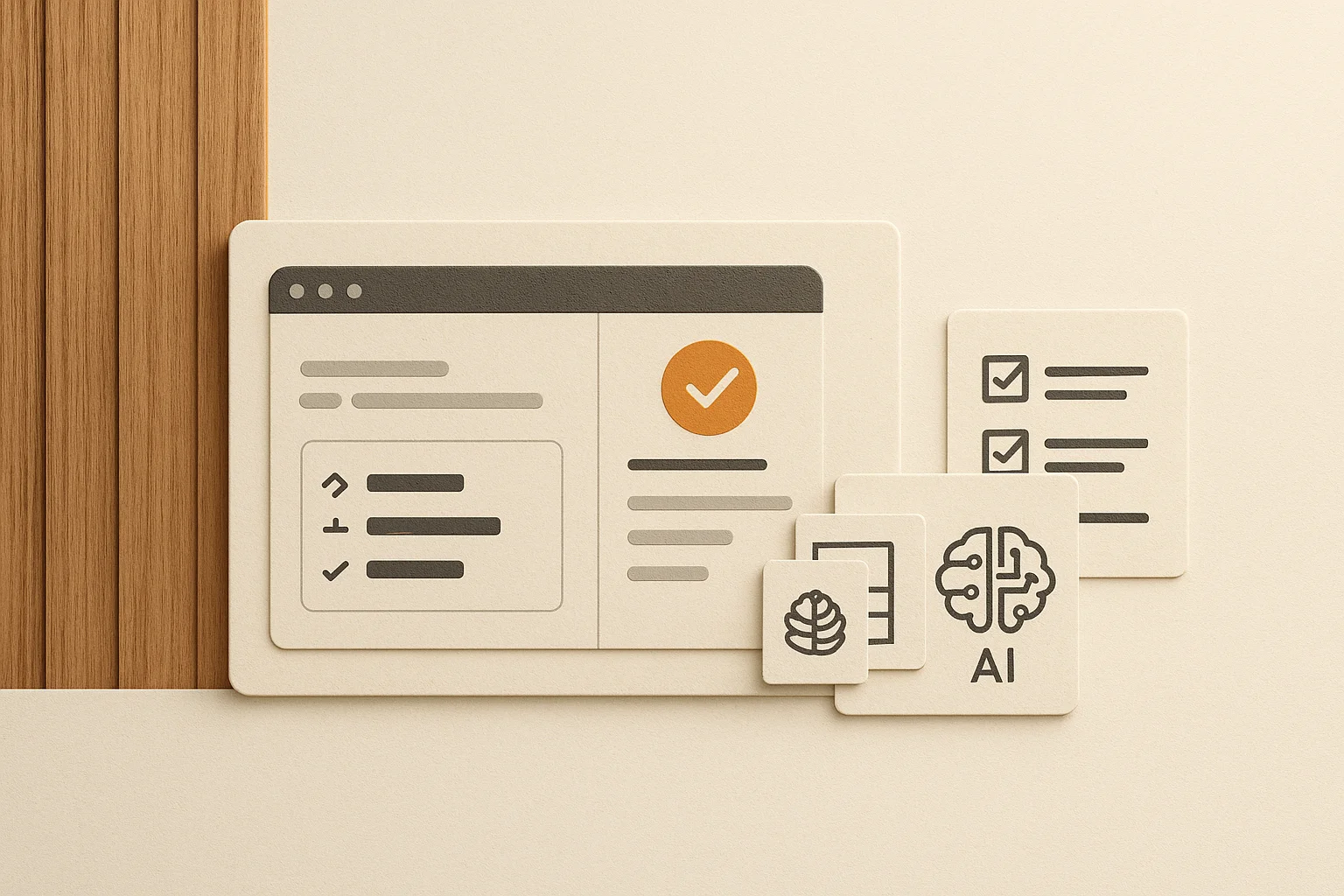Scaling Engineering Quality with Intelligent Code Review

Quick answer
To scale code quality from dozens to thousands of engineers, automate the routine, enforce policies consistently, and reserve humans for judgement calls. Propel centralises automated review, tracks team health, and ensures every repository follows the same guardrails.
Playbooks, style guides, and heroic senior reviewers only go so far. As headcount grows, bottlenecks appear: PR queues swell, standards drift, and onboarding slows. Intelligent code review turns review from an artisanal craft into a scalable system.
Why legacy processes break at scale
- Reviewers lack context for unfamiliar services and approve risky changes.
- Manual checklists are ignored when release pressure mounts.
- Knowledge silos form; best practices do not propagate across geos or business units.
- Security and compliance teams cannot audit every merge request.
Propel’s model for scaled quality
Automate the baseline
Enforce linting, formatting, licence headers, and dependency policies automatically. Propel resolves nits before humans even open the PR.
Escalate by severity
AI classifiers tag issues as nit, concern, or must-fix. Critical threads block merges and alert domain experts instantly.
Route intelligently
Reviewer assignment follows ownership maps and load balancing so no team becomes a bottleneck.
Instrument everything
Dashboards track cycle time, blocker resolution, and comment patterns for each org, repo, and squad.
Phased rollout for growing organisations
- Pilot with one org; codify policies and calibrate severity.
- Expand to critical services with security/compliance requirements.
- Roll out company-wide, using Propel analytics to train reviewers and spot outliers.
- Automate remediation (bug-fix PRs, dependency updates) once trust is established.
Quality metrics beyond velocity
- Percentage of PRs merged with zero unresolved blockers.
- Reviewer workload distribution and after-hours activity.
- Time for new hires to receive only nit-level feedback.
- Top recurring policy violations—targets for automation or education.
Case study highlights
- Fintech unicorn cut review cycle time from 36h to 14h with Propel-driven routing.
- Healthcare platform achieved 100% SOC2 traceability by exporting Propel audit logs.
- Global SaaS org reduced security regressions 45% after enforcing must-fix policies.
Ready to Transform Your Code Review Process?
See how Propel's AI-powered code review helps engineering teams ship better code faster with intelligent analysis and actionable feedback.


